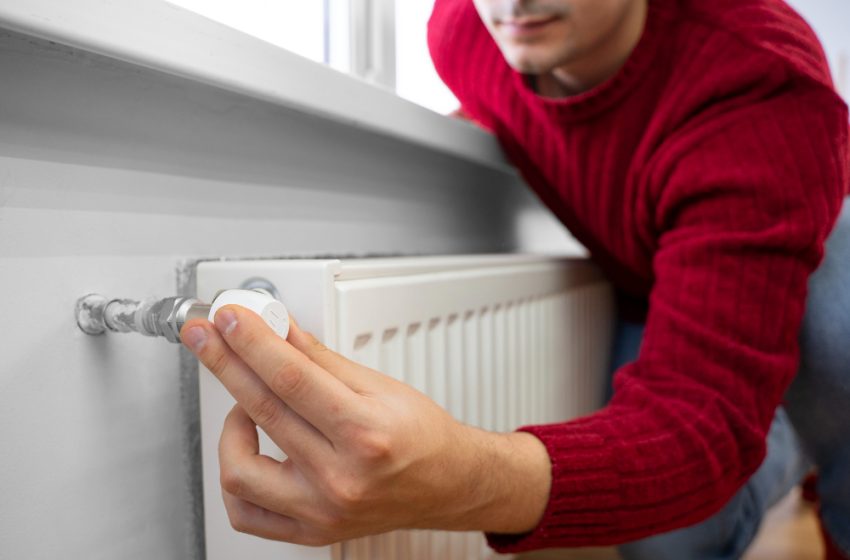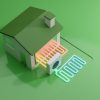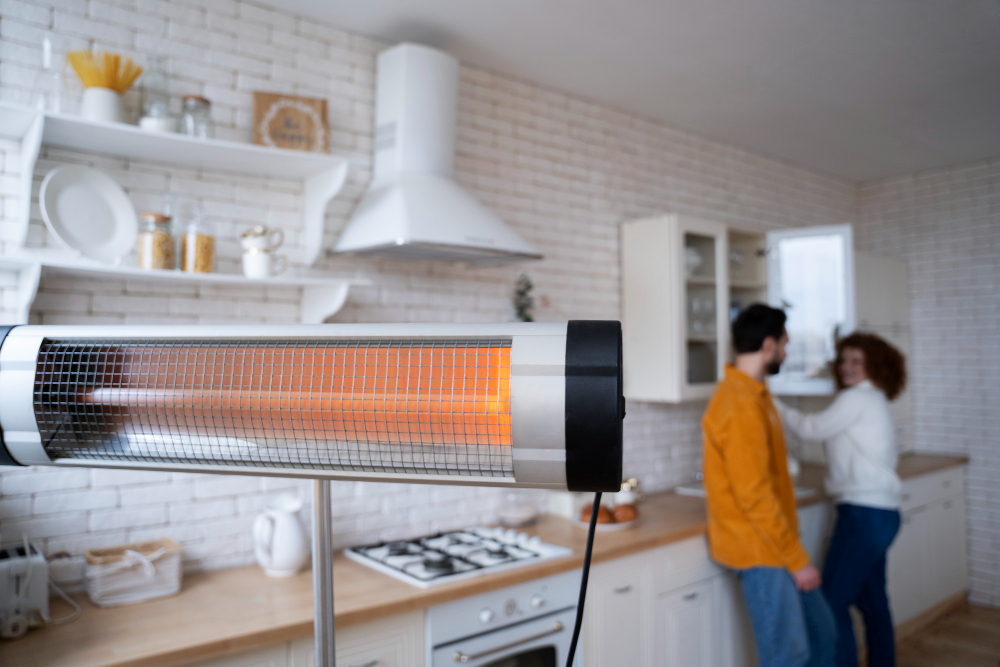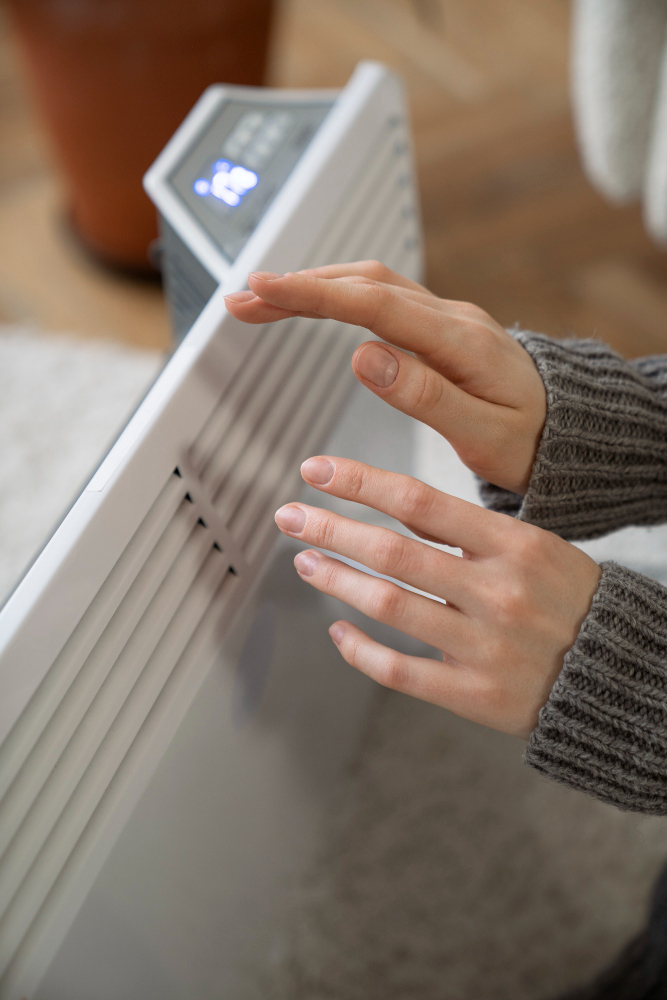The Role of Air Filters in Your Heating System’s Efficiency and Longevity

Air filters may seem like a small component of your heating system, but their impact is significant. They play a critical role in maintaining efficiency, ensuring good indoor air quality, and extending the lifespan of your heating system. Let’s explore why air filters matter and how they contribute to the health of your HVAC system.
1. Keeping Your Heating System Efficient
Air filters trap dust, dirt, pet dander, and other airborne particles, preventing them from entering the system. A clean filter allows for optimal airflow, which helps your heating system operate efficiently.
- Dirty Filters Reduce Efficiency: When a filter becomes clogged, it restricts airflow, causing your system to work harder to heat your home. This increases energy consumption and leads to higher utility bills.
- Consistent Temperature: Proper airflow ensures your system can distribute warm air evenly throughout your home, keeping it comfortable and consistent.
2. Protecting System Components
Air filters act as a barrier, preventing debris from reaching sensitive components such as the blower motor and heat exchanger. Without this protection, particles can accumulate inside the system, leading to:
- Premature wear and tear.
- Reduced performance of essential parts.
- Expensive repairs or even system failure.
Tip: Regularly replacing your air filter minimizes the risk of internal damage to your heating system.
3. Improving Indoor Air Quality
A clean air filter not only benefits your heating system but also contributes to healthier indoor air. Dirty filters can allow pollutants to circulate in your home, triggering allergies or respiratory issues.
- For Allergy Sufferers: High-efficiency filters (such as HEPA filters) are particularly effective in capturing smaller particles like pollen, mold spores, and bacteria.
- Cleaner Environment: Clean filters reduce the amount of dust settling on furniture and floors.
4. Extending the Lifespan of Your Heating System
Heating systems with clean filters face less strain and are less likely to experience breakdowns. Over time, this translates to a longer lifespan for your furnace or heat pump.
- Reduced Repairs: Regular filter replacement helps prevent costly repairs caused by debris buildup.
- Better Investment: A well-maintained system can last 15–20 years, maximizing your investment.
5. How Often Should You Replace Air Filters?
The frequency of air filter replacement depends on several factors:
- Type of Filter: Standard filters typically need replacement every 1–3 months, while high-efficiency filters may last 6–12 months.
- Home Environment: Homes with pets, smokers, or residents with allergies may require more frequent changes.
- Usage: During peak heating months, replace filters more often to ensure optimal performance.
Tip: Check your filter monthly and replace it when it looks dirty or clogged.
Signs of a Dirty Air Filter
- Weak airflow from vents.
- Increased dust accumulation in your home.
- Rising energy bills without increased usage.
- Strange noises from your heating system.
Choosing the Right Air Filter
When selecting an air filter, consider its MERV rating (Minimum Efficiency Reporting Value). Higher MERV ratings provide better filtration but may slightly restrict airflow in some systems. Consult your HVAC technician to choose a filter that balances efficiency and compatibility with your system.
The Bottom Line
Air filters are essential for maintaining your heating system’s efficiency, protecting its components, and improving your home’s air quality. Regular filter maintenance is a simple, cost-effective way to enhance system performance, reduce energy costs, and extend the lifespan of your heating system.
Don’t wait until your system struggles—inspect and replace your air filters regularly to enjoy a warm, healthy, and efficient home all winter long.



